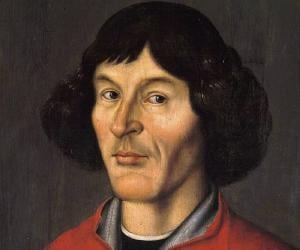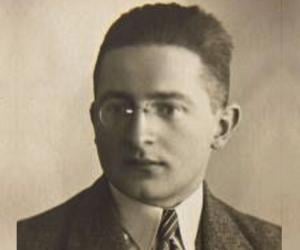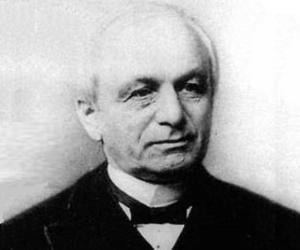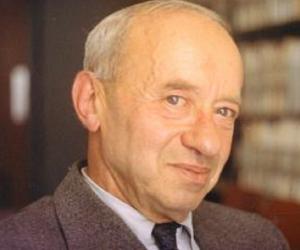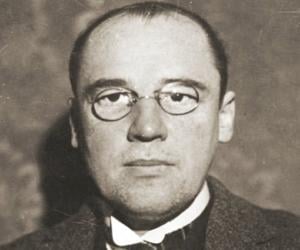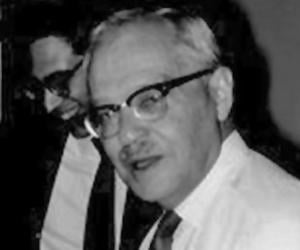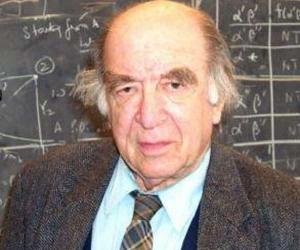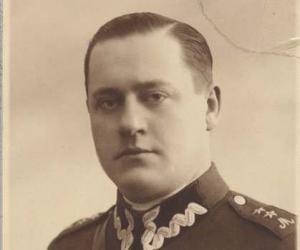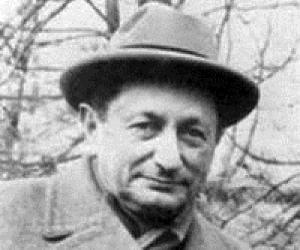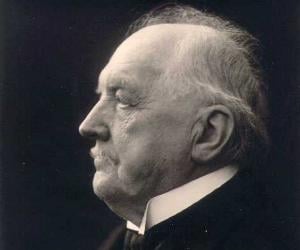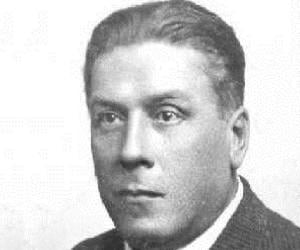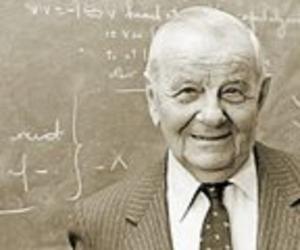1
Nicolaus Copernicus
(Polish Astronomer Who Proposed That the Earth Revolves Around the Sun)
Birthdate: February 19, 1473
Sun Sign: Pisces
Birthplace: Toruń, Poland
Died: May 24, 1543
Nicolaus Copernicus was a Renaissance polymath known for his work as a mathematician, astronomer, and Catholic canon. He formulated a model of the universe that placed the Sun at its center, a significant departure from the prevailing geocentric view. His publication of this model in "On the Revolutions of the Celestial Spheres" marked a major event in the history of science, sparking the Copernican Revolution. Copernicus also made contributions to economics, deriving the quantity theory of money and formulating what is now known as Gresham's law.
